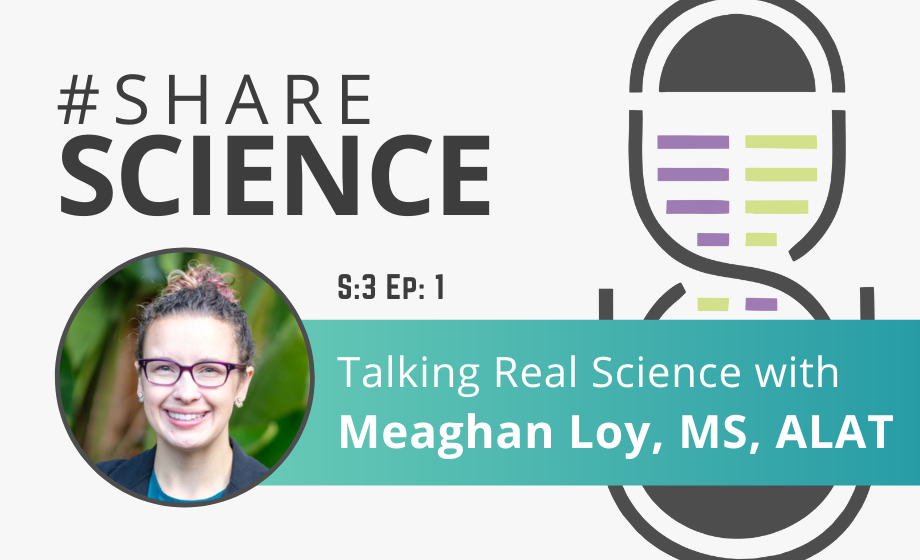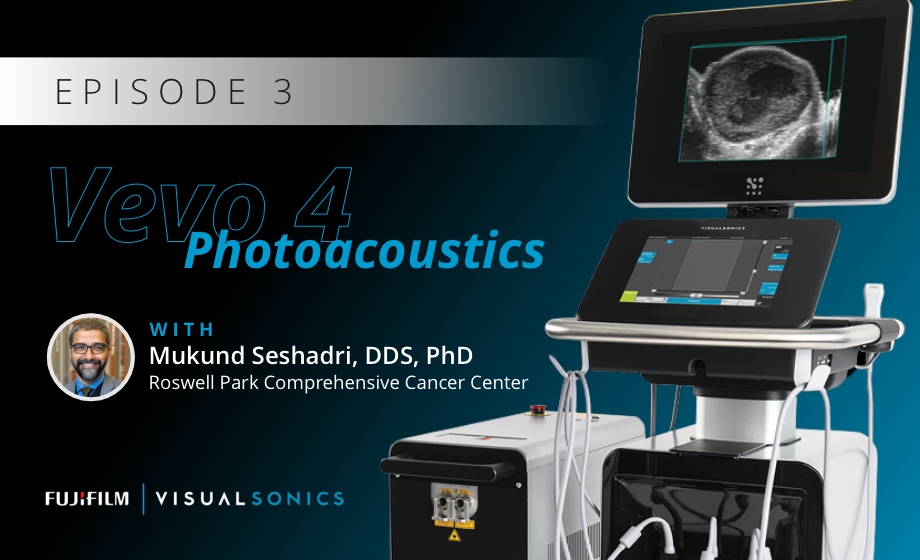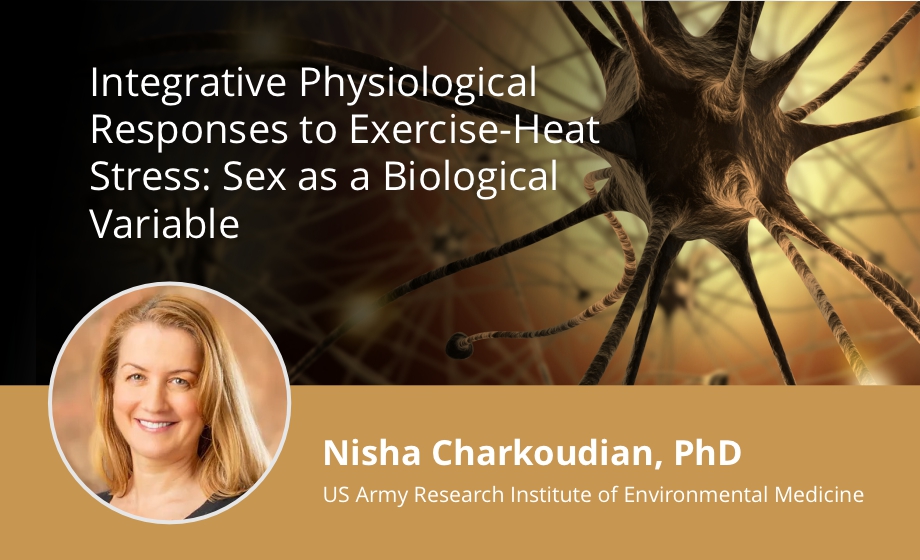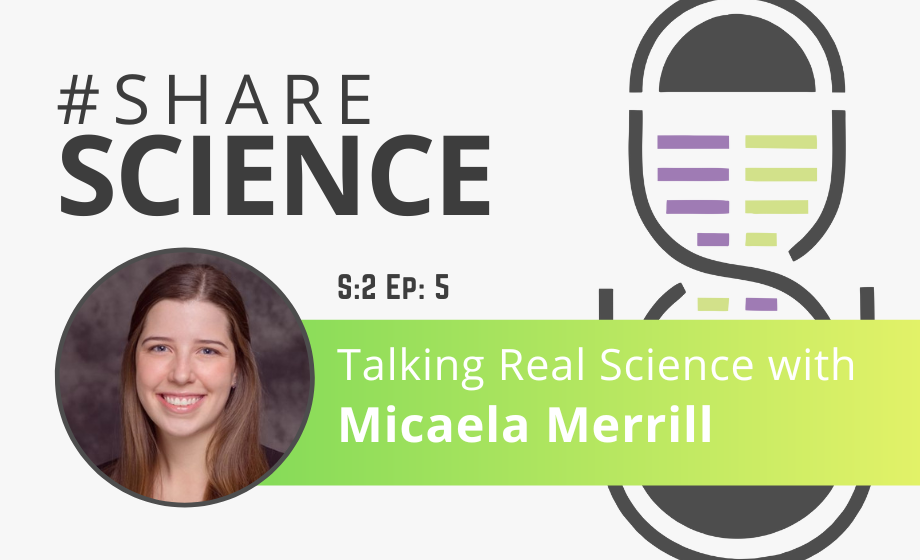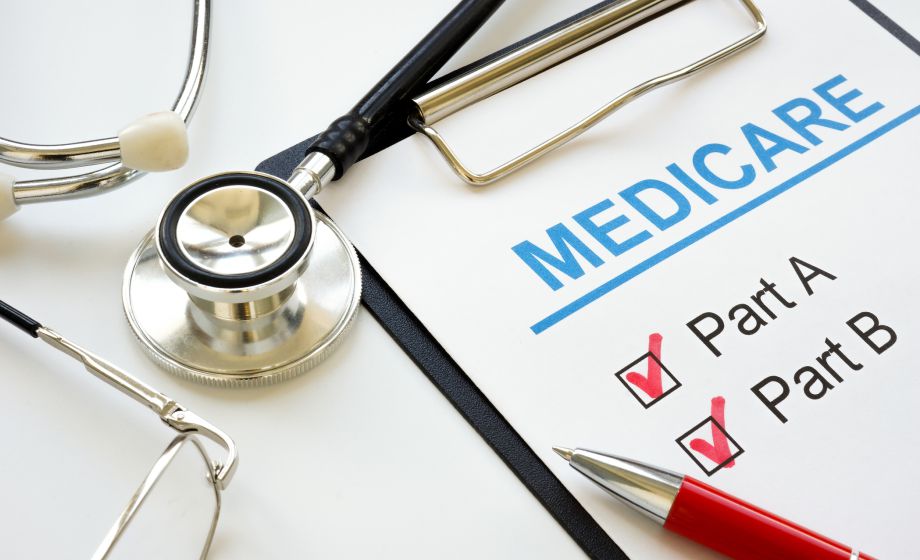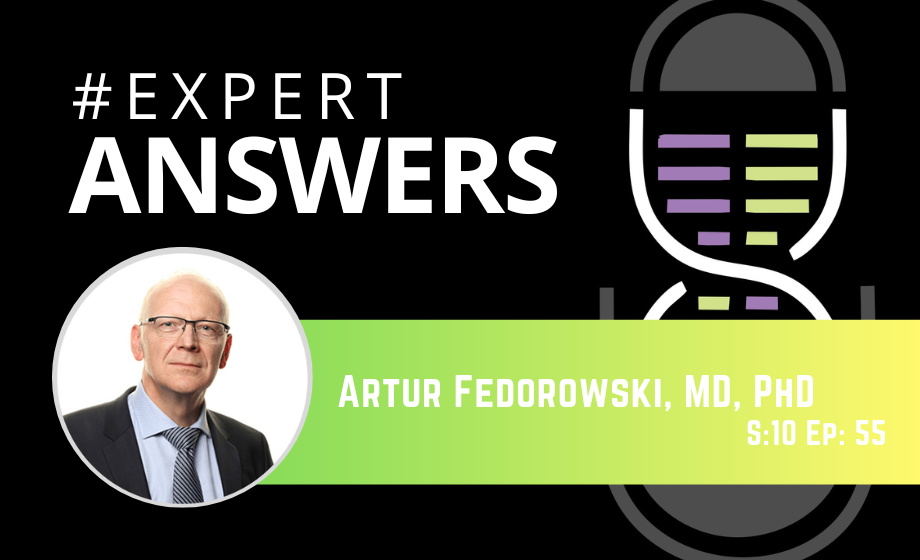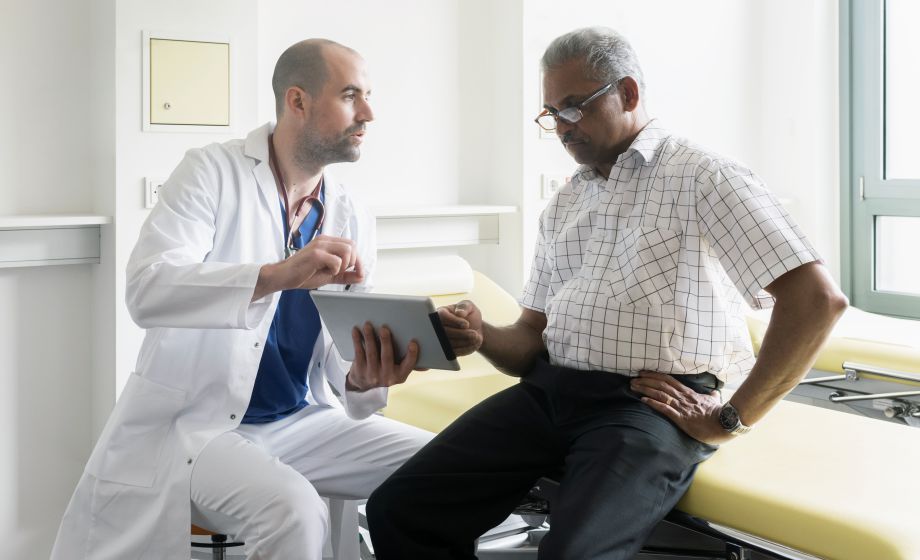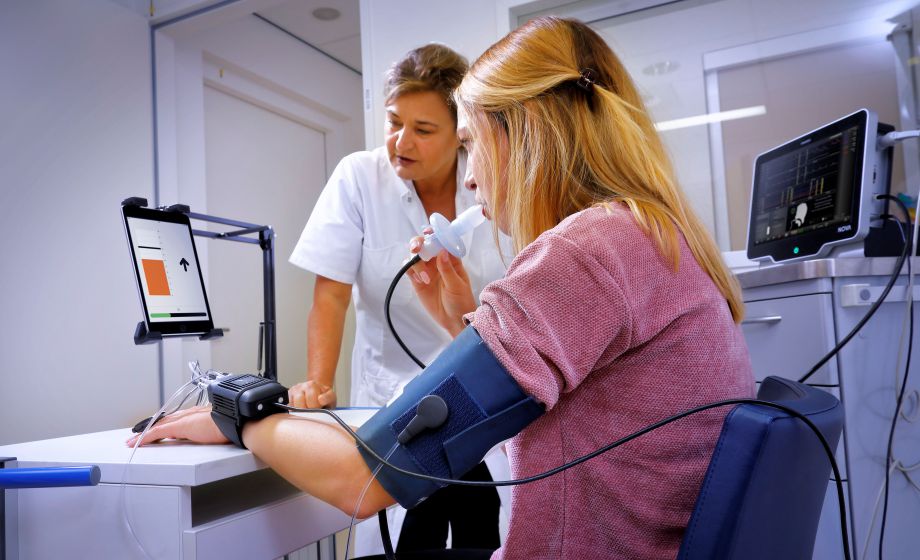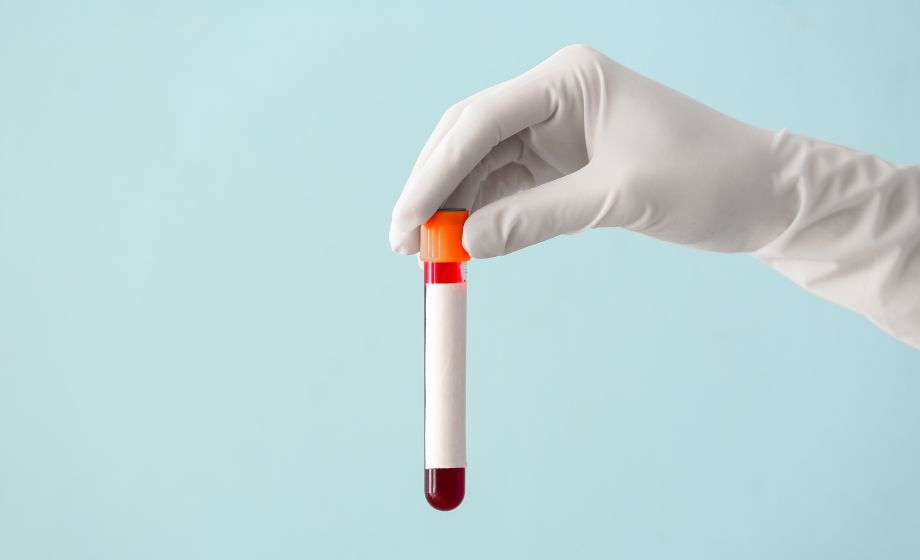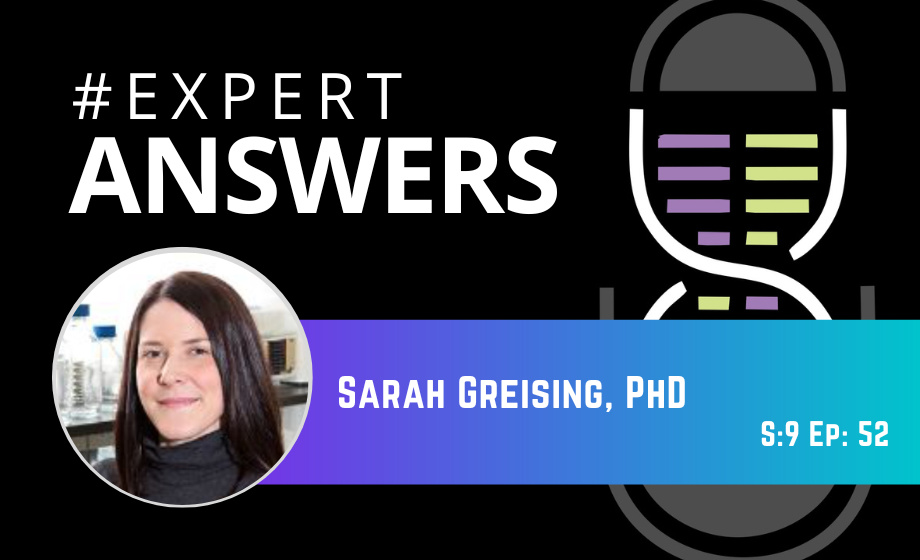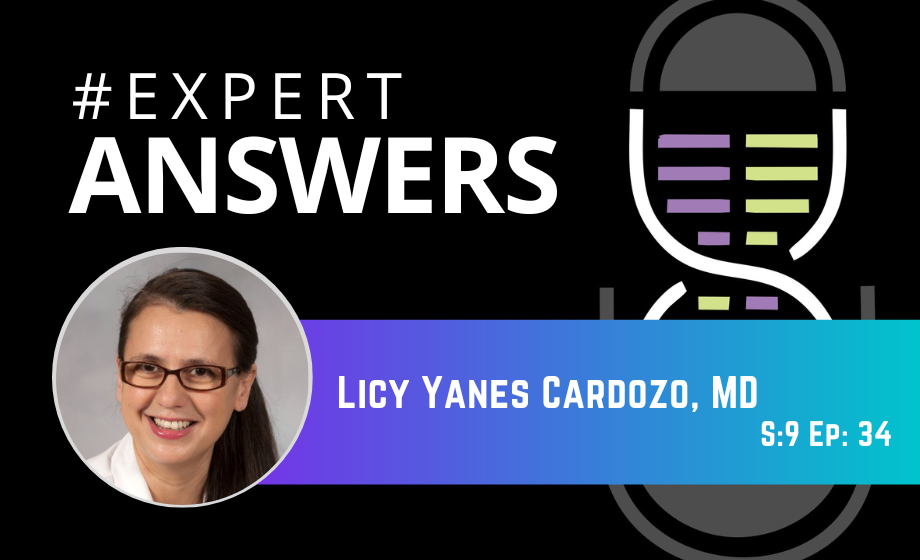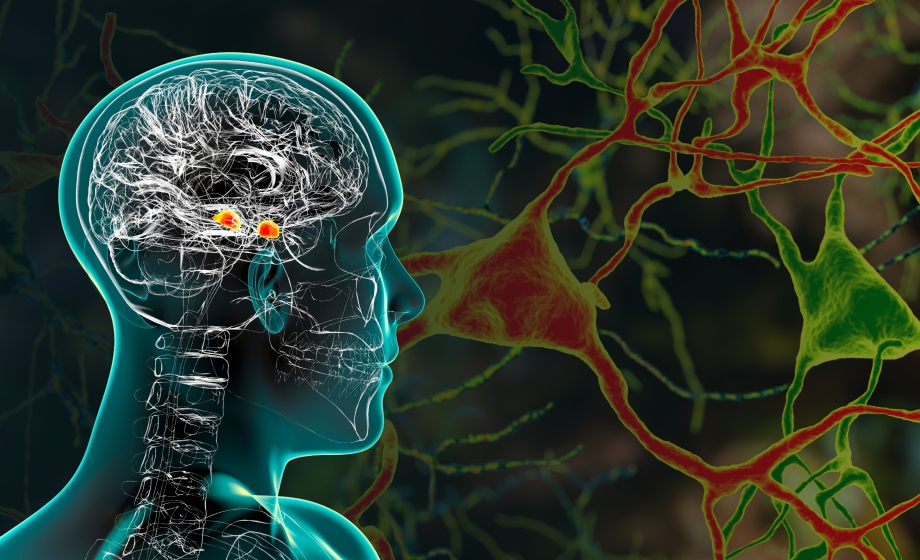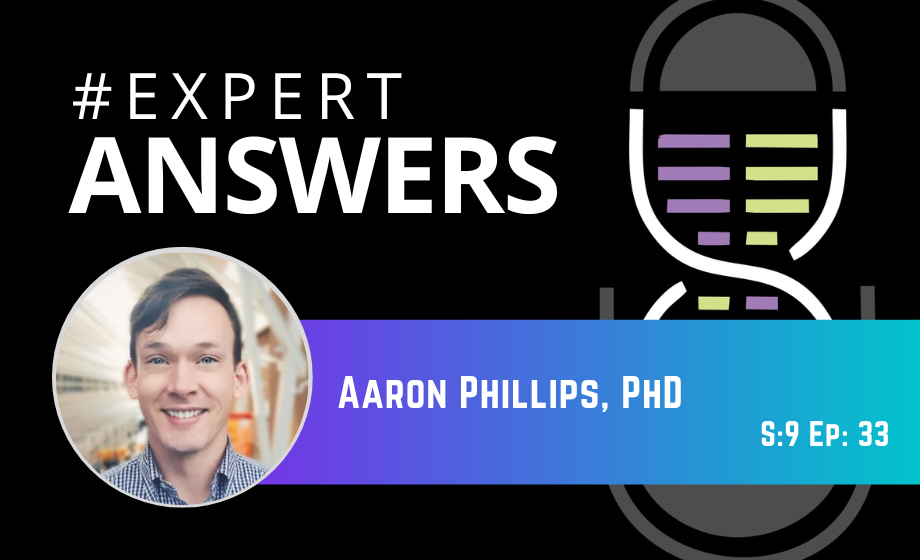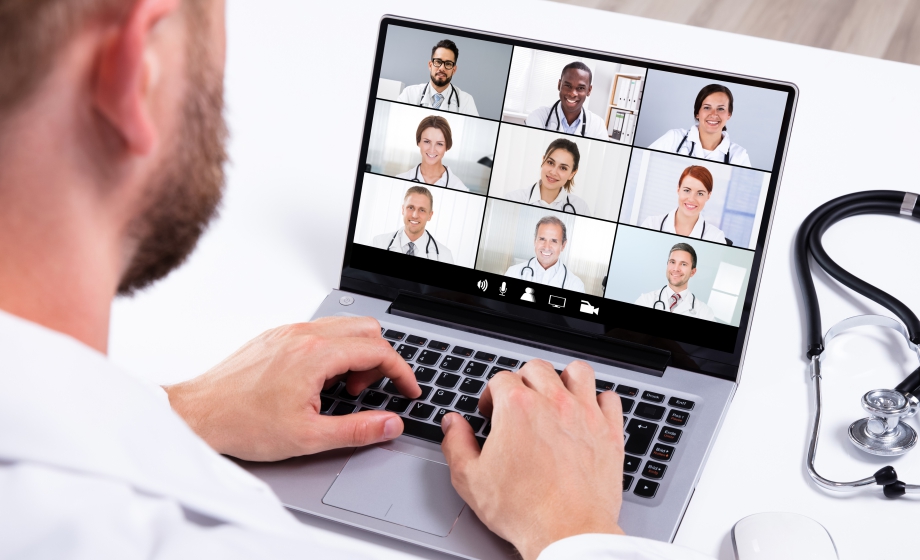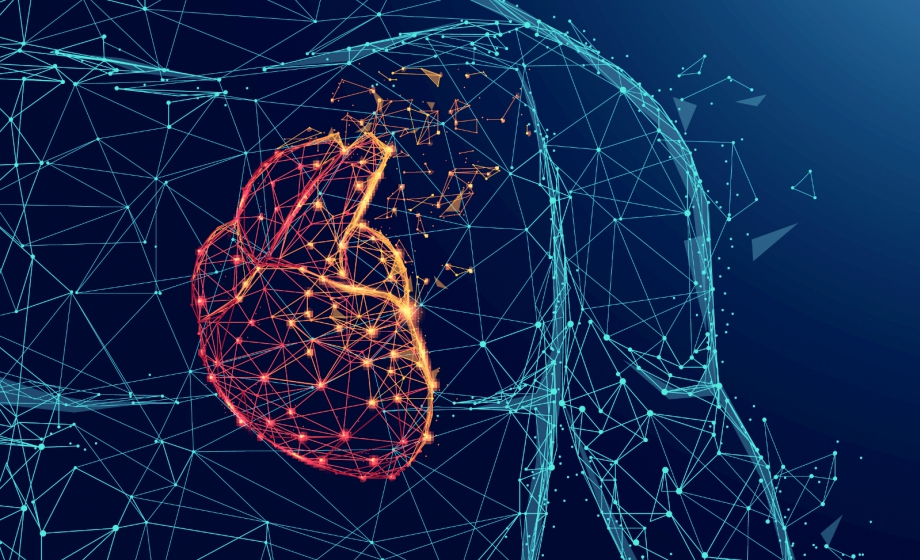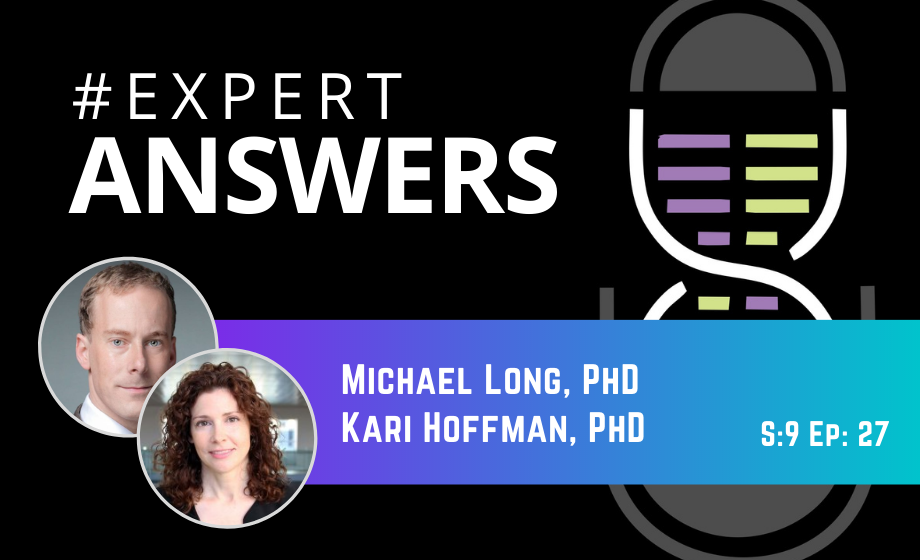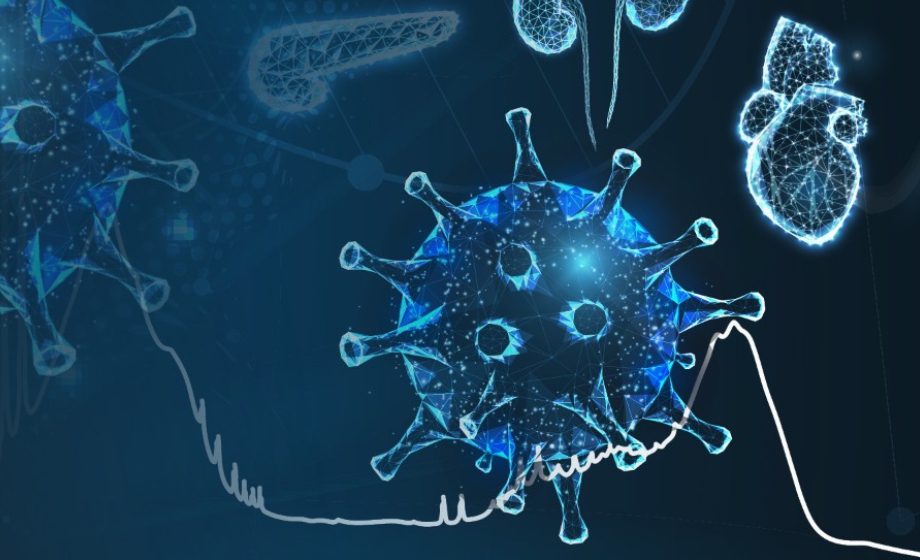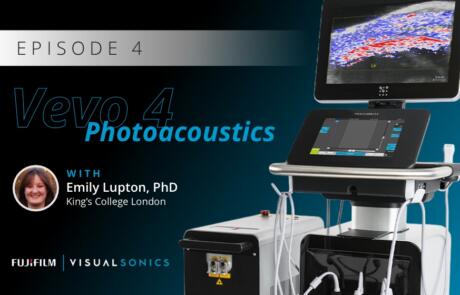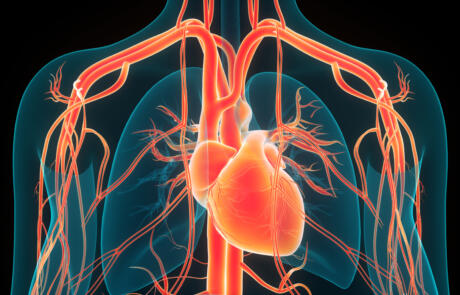Talking Real Science with Meaghan Loy on Rare Disease Day
On this episode of #ShareScience, we spoke with Meaghan Loy, Senior Category Director of In Vivo Services with Scientist.com, on Rare Disease Day.
The Translational Utility of Ultrasound and Photoacoustics in Head and Neck Oncology
Dr. Mukund Seshadri presents his interdisciplinary research on developing and evaluating ultrasound and photoacoustic imaging for oral oncology applications, with a focus on the prognostic utility of these methods in assessing treatment responses in head and neck cancer patients.
Integrative Physiological Responses to Exercise-Heat Stress: Sex as a Biological Variable
Watch Nisha Charkoudian, PhD for the first event in the 2023 Neurophysiology Series as she summarizes the integrative physiology of responses to exercise-heat stress and discusses implications for athletes and the military.
Tick Tock: The Growing Risk of Lyme Disease and Efforts to Develop a Vaccine
In this blog we discuss Lyme disease, including reasons for increased prevalence, causes and symptoms, and vaccine developments.
Partnering with Disease Registries: The Value and Impact for Real-World Evidence Generation
In this webinar, Evidera experts present guidance on why strong connections with registry groups and stakeholder populations are important for generating relevant real-world evidence to advance treatments.
Chronological Age vs Biological Age: Can Aging be Reversed?
What can biological age tell us about our health? Is it a fixed number, or can it be reduced? A recent study from Poganik et al. investigates the fluctuations in biological age in response to physiological stress.
Minimizing the Impact of Cross-Cultural Differences in COA Translations
ICON's COA Linguistic Validation Leaders highlight the importance of Linguistic Validation and how equivalence should be a key focus during the development of Clinical Outcome Assessment translations.
Cardiovascular Autonomic Dysfunction in the Post-COVID Landscape: Detection and Management
Artur Fedorowski explains CV dysautonomia as a specific sequalae of acute COVID-19 and guides the audience in the diagnostic work-up of PASC patients with suspected cardiovascular complications.
Improving Patient Outcomes: AI-Based Phenotyping for Diagnosis, Treatment, and Clinical Trials
Watch a panel of OM1’s clinical experts in cardiometabolic disease, immunology, and mental health as they explore how Artificial Intelligence (AI) can find phenotypic patterns and unlock insights hidden in real-world data.
Talking Real Science with Micaela Merrill
Micaela Merrill discusses her inspiration for science, as well as where she plans to take her career in the future. Her current project is a subset of a larger research story that seeks to understand the risk factors and comorbidities of PTSD in a metropolitan population of Black Americans.
What Every Researcher Needs to Know About Using Medicare Data for Real World Evidence
Join three panelists who provide a practical overview of how and why to use data from Medicare for real world studies.
#ExpertAnswers: Artur Fedorowoski on Cardiovascular Dysautonomia in Post-COVID-19
Artur Fedorowski explains CV dysautonomia as a specific sequalae of acute COVID-19 and guides the audience in the diagnostic work-up of PASC patients with suspected cardiovascular complications.
Economic Impact of Representativeness in Clinical Trials: How Real-World Data Can Help
This panel of real-world evidence (RWE) experts explore the economic impact and role of RWE in improving representativeness of research.
Cardiovascular Autonomic Dysfunction in the Post-COVID Landscape: Detection and Management
Artur Fedorowski, MD, PhD, describes cardiovascular dysautonomia in COVID-19 and the diagnostics behind detecting Long COVID or Post-acute Sequalae of COVID-19.
Brain-Derived Tau in Blood: the Future of Alzheimer’s Disease Diagnosis?
Recently published in Brain, Gonzalez-Ortiz et al. report the design and development of a novel blood-based biomarker specific to brain-derived tau. In this blog post, we dive into the advantages of their novel immunoassay over those that are commercially available, as well as its future implications for Alzheimer’s disease diagnosis.
#ExpertAnswers: Sarah Greising on Muscle Injury Recovery
Sarah Greising discusses the current pathophysiologic understanding of the skeletal muscle remaining following traumatic musculoskeletal injuries.
#ExpertAnswers: Licy Yanes Cardozo on Androgens in Cardiovascular Physiology
Licy Yanes Cardozo expands on her research exploring the role of androgens on cardiovascular physiology in cis and transgender patients.
Functional Recovery of the Musculoskeletal System Following Injury – Leveraging the Large Animal Model
Watch Dr. Sarah Greising discuss the current pathophysiologic understanding of the skeletal muscle remaining following traumatic musculoskeletal injuries.
Fright or Delight? Dopamine-Mediated Fear Response in the Amygdala
Since little is known about how dopamine affects aversive learning in humans, Frick et al. recently sought to describe the role of dopamine in fear memory formation within the human amygdala, which we review in this blog post.
Social Media Data: Opportunities and Insights for Clinical Research
Hear four experts from ICON and Kap Code provide insights on how to collect, use, analyze, and interpret social media data in different contexts. These experts share knowledge from over fifteen years of successfully developing and adapting algorithms to treat this kind of data.
#ExpertAnswers: Aaron Phillips on Neural Hemodynamic Control
Aaron Phillips discusses questions from a recent webinar on his research involving neural hemodynamic control in pre-clinical and clinical models.
Achieving Consensus When Everyone is an Expert, but No One Agrees
Watch experts from PHAR, Novartis, and Bausch Health discuss the Delphi panels and how the results are used.
Next-Generation Techniques for Understanding Neural Hemodynamic Control
Join Aaron Phillips, PhD, as he shares his research involving neural hemodynamic control in human patients and rodents.
#ExpertAnswers: Michael Long and Kari Hoffman on Electrophysiology
Michael Long and Kari Hoffman investigate the neural mechanisms of learning, memory, and behavior using high-density silicon probes from Diagnostic Biochips in small and large animals.
Unlocking Your Clinical Understanding of Post-Acute COVID Syndrome (PACS), Patient Recovery, and Risk of Subsequent Disease
Watch this webinar to learn about the metabolic changes during COVID-19 disease, how these can be accurately tracked and how NMR can improve the clinical understanding of Long-COVID.
